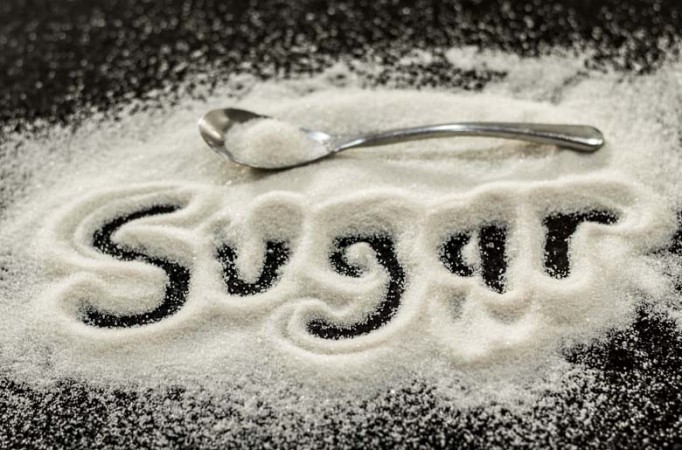
In a world where sugar-laden treats are readily available, the consequences of indulging in too much sugar can be detrimental to one's health. This article delves into the various ways excessive sugar consumption can impact our well-being and highlights the importance of mindful sugar intake.
Sugar, both natural and added, has become ubiquitous in our diets. From sodas to desserts, sugar has infiltrated our meals, leading to a multitude of health concerns.
Let's explore the undeniable negative effects of consuming too much sugar:
Excessive sugar intake is a major contributor to weight gain and obesity. Sugar is high in calories and provides little to no nutritional value, making it easy to overconsume.
Consuming too much sugar can increase the risk of type 2 diabetes. It can lead to insulin resistance, where cells no longer respond effectively to insulin.
High sugar consumption is linked to an increased risk of heart disease. It can raise blood pressure, triglycerides, and promote inflammation in the body.
Sugary foods and beverages are a leading cause of dental cavities. Bacteria in the mouth thrive on sugar, producing acids that erode tooth enamel.
Excessive sugar can lead to non-alcoholic fatty liver disease (NAFLD), which can progress to more severe liver conditions.
Surprisingly, sugar consumption can affect mental health. It's associated with mood swings, depression, and anxiety.
Some studies suggest a link between high sugar intake and an increased risk of certain types of cancer, including breast and colon cancer.
Understanding how sugar affects our health is crucial to making informed dietary choices:
Distinguishing between added sugars and natural sugars is essential. Added sugars, found in processed foods, are the main culprits.
The American Heart Association recommends limiting added sugar intake to no more than 100-150 calories (25-38 grams) per day for most adults.
Sugar can cause rapid spikes and crashes in blood sugar levels, affecting energy levels and mood.
Sugar can hide under various names in ingredient lists, such as high fructose corn syrup, agave nectar, and sucrose.
Reducing sugar intake can significantly improve overall health:
Opt for natural sweeteners like honey, maple syrup, or stevia as healthier alternatives.
Enlist the support of friends and family when making dietary changes. It's easier to break the sugar habit together. Excessive sugar consumption poses numerous health risks, from weight gain and diabetes to dental decay and mental health issues. Being aware of sugar's impact and making conscious choices to reduce its intake can lead to a healthier and happier life.
Eating These Foods Daily Can Help Maintain Healthy Cholesterol Levels
If You Want to Live for 100 Years, Make These Lifestyle Changes- Keep Illness at Bay
Spice Up Your Weight Loss Journey: How These Spices Help Shed Pounds